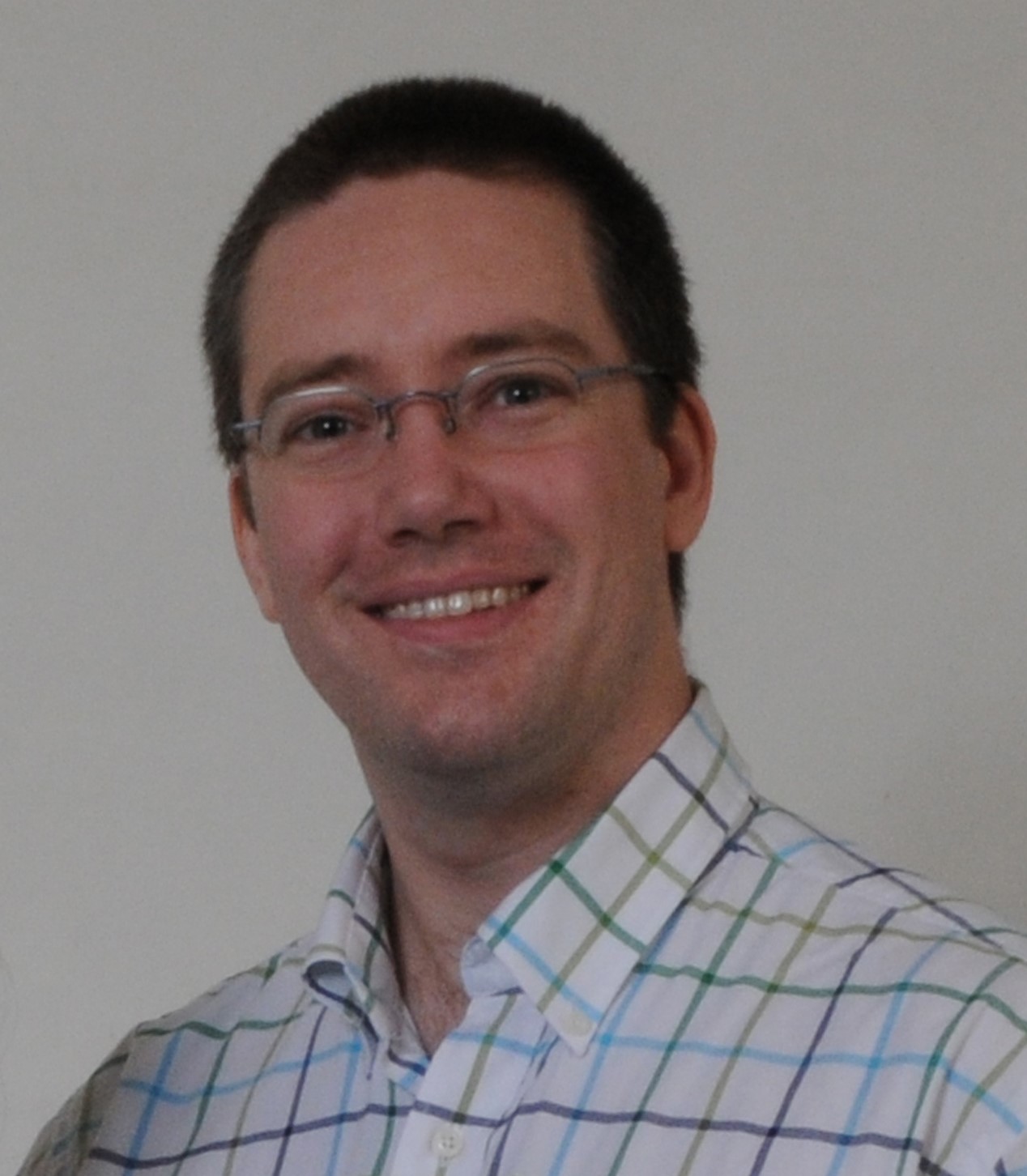
Dr. Dean Chamberlain BSc, PhD
Assistant Professor Division of Oncology- Address
- Cancer Cluster, Office: Room 3D01.3 Health Science Building
- 107 Wiggins Road, University of Saskatchewan, Saskatoon, SK S7N 5E5
Research Area(s)
- Precision Medicine
- Tissue Engineering
- 3D Cancer Models
- Tumor Microenvironment
- Chemotherapy Testing
About
The Chamberlain Lab is interested in the development of new tools and assays to improve the selection of treatment regimens for cancer patients. To do this we use a multitude of approaches to stratify how patients will respond to different cancer therapies, ranging from determining new biomarkers for cancer sub-classification to directly testing chemotherapies on patient-derived tumour organoids.
Current Research Directions:
- Identifying molecular profiles that predict patient responses to cancer therapies
- This project will analyze public and in-house generated data to develop molecular profiles of different tumour types that correlate to how the tumour reacts to a specific cancer therapy. The aim of this project is to go beyond identifying the simple mutations and variances in tumours that are actionable with targeted drug treatments by identifying profiles of gene expression that further subdivide these tumours into high and low responders to a treatment. This work will lead to new understanding of how different tumour pathways interact with each other. Using this information, we will be able to discover new biomarkers for the responsiveness of a tumour to a treatment and develop better combinational cancer therapies to treat poorly responding patients.
- Developing the next generation of tumour organoids for drug testing
- There has been great interest in the development of 3D cell culture of cancer cells to better understand the development of tumours and how they respond to drug treatments. Several groups have found that these tumour organoid cultures are better mimics of how the cells respond compared to 2D cultures. However, most of these tumour organoid cultures are still very primitive as they are mostly spheroids of cancer cells grown in a basement membrane extract (BME). These spheroids often are started from a single cell suspension of cancer stem cells so do not have the diversity of cell types found in the tumours. Although, cells from the tumour microenvironment can be added back into the tumour organoid culture, BME gels are an exceptionally soft and weak gel that do not support the growth of large numbers of cells. Therefore, we will develop the next generation of tumour organoid models based on the methods and principles developed in the field of tissue engineering.
- Develop chemotherapy testing methods on patient-derived tumour organoids.
- The information and methods from the first two projects will be used to develop better in vitro methods of cancer therapy testing using patient-derived cells in the next generation of tumour organoid models. We will develop methods to generate the required cell inputs from patient samples to form the tumour organoids and then study their response to different chemotherapy agents as a tool for precision medicine.
